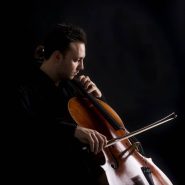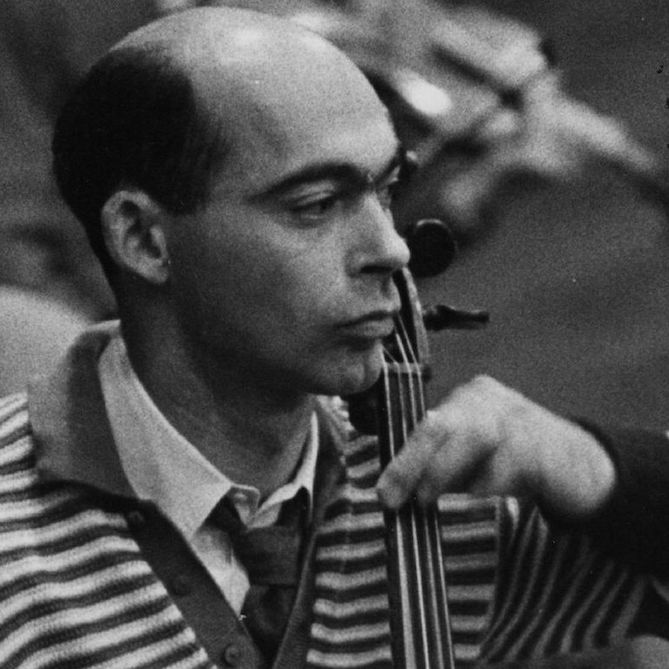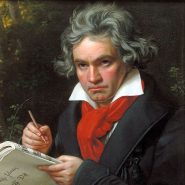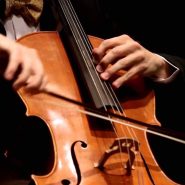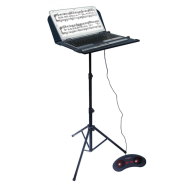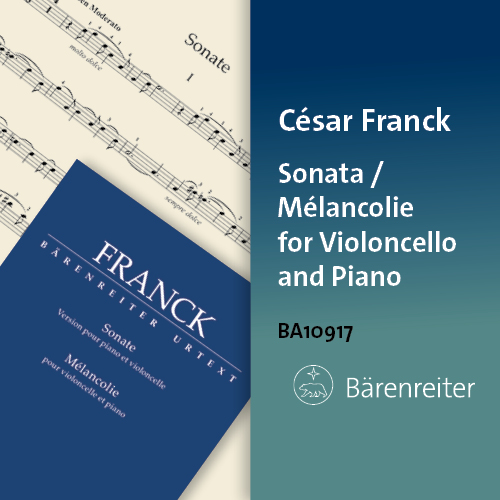Tag: confidence
By Joanna Latala January 20, 2025
Subjects Artistic Vision, Practicing
By Joanna Latala January 6, 2025
By Joanna Latala November 26, 2024
5:31

By Blogmaster September 10, 2013
Subjects Artists
Tags artist, Bloomington, cellist, cello, cellobello, confidence, elegance, expression, Gwen, Hungarian Cellist, Indiana, Indiana University, Janos, Janos Starker Memorial, legacy, legend, Memorial, Musical Arts Center, musician, performer, Preucil, Remembering Janos Starker, soloist, Starker, survivor, teacher, virtuoso
By Blogmaster August 1, 2013
By Jonathan Pegis October 19, 2012
Subjects Orchestra, Repertoire
Tags accents, Audition, Beethoven, blog, bow changes, bow speed, cello, cellobello, coaching, confidence, control, dynamics, education, Excerpts, inflection, legato, markings, mistakes, nerves, orchestra, orchestral excerpts, phrasing, practicing, Preparation, pressure, recording, release, Rhythm, singing, sustain, Symphony, teacher, Teaching, technical challenges, variations, vibrato
By Yeesun Kim October 7, 2011
Subjects Chamber Music, Repertoire
Tags ability, articulations, cello, cellobello, challenges, character, composers, confidence, creativity, dynamics, familiar, Kim, music, rehearsals, Rhythm, soundscapes, structure, unique, virtuosity, Yeesun
By Yeesun Kim March 22, 2011
Subjects Auditions
Tags anxiety, Auditions, cello, cellobello, clarity, commitment, communication, confidence, connection, control, energy, intentions, Interpretation, Kim, personality, potential, pressure, stress, tuning, Yeesun
By Yeesun Kim March 15, 2011

